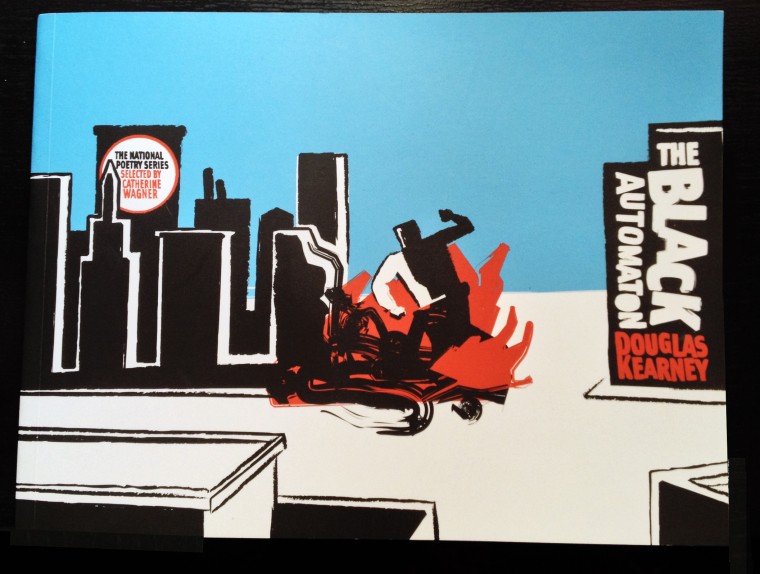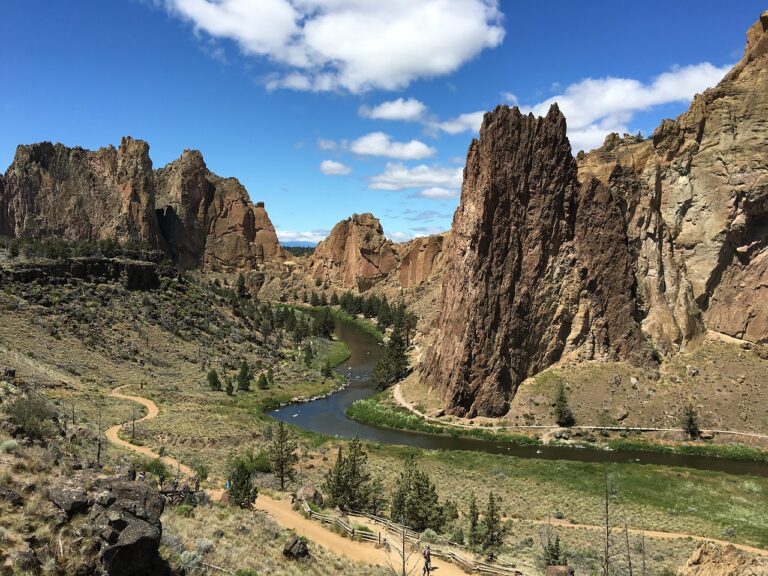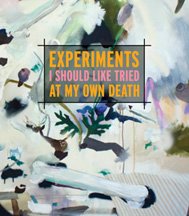The Book That Changed My Country
I mostly sit at the window when I’m working at Café la Habana. I have a spot. It’s the same spot where I sat when my buddy, Santiago, first brought me for coffee when I arrived in Mexico City. But I’m attached to the spot for other reasons too. It’s also the spot where Roberto Bolaño used to write, and the same spot where Fidel Castro and Che were said to have planned their invasion of Cuba. Mostly I’m nosy though—I love to people watch—and that’s why I sit by the window. A few weeks ago, a waiter came up to me and placidly said, “Caballero, I suggest you move away from the glass.”
I looked up from my book, Alfredo Corchado’s Midnight in Mexico. Then I looked outside. A sea of people marching down Bucareli Street, right off Mexico City’s Paseo de la Reforma, with the banners moving to the rhythm of their feet: We Want Them Alive; We Stand with Iguala; Punish the Assassins; Ayotzinapa: Terrorism of the State.
Three weeks ago, Iguala police, in collusion with a cartel in Guerrero, fired upon two buses carrying student activists fom the Raúl Isidro Burgos Rural Teachers College of Ayotzinapa. The students—commonly referred to as “normalistas”— were hoping to join demonstrations in Mexico City commemorating the Tlatelolco student massacre that happened on October 2, 1968 in which scores of students were murdered by the Mexican government to squelch protests ahead of the Olympics that year.
Last month in Iguala, six people died from police gunfire days after the normalistas protested in Guerrero. The students were ordered from the bus onto police convoys, which were promptly handed over to the cartel operating in Iguala. The normalista students have since disappeared. Currently, an investigation is underway to determine if a mass grave filled with forty-three corpses outside of the city contains the remains of those missing normalista students. Cartel insiders say the order came from the mayor of Iguala himself though the mayor can’t be contacted for comment. He’s currently on the run.
I remember Corchado’s Midnight in Mexico felt, oddly, like a comfort object in that moment behind the glass. It had all the answers about what I was seeing. For me, it was the most important tome in the entire country. Besides answering so many of the geo-political questions pertaining to the contemporary Mexican moment, the book also weaves an incredibly honest narrative about the state of Mexican affairs today using Corchado’s professional and family narrative as the context and vehicle through which he explores the underpinnings of today’s Mexican political scheme.
The book starts with Corchado receiving a tip from a source that a cartel would execute an American journalist within the next twenty-four hours. He has exactly that time to find out if the hit is on him. His paper, the Dallas Morning News, insists that he catch the next flight back to Texas, but instead of abandoning Mexico entirely, he opts to leave Mexico City instead, driving north through his native Durango before heading toward the outskirts of the country where he continues to investigate the threat.
As he drives, he silently wonders if the hit is the manifestation of some curse he’s brought on himself for going back to the country his mother fought so hard to leave. Throughout the book, there’s always this pervasive shame Corchado expresses rooted in the fear that he’s abandoning Mexico, that he’s leaving it despite the fact he promised himself he never would, even in the face of a threat that might end his own life.
This becomes the crux of Corchado’s personal journey, and the crux of his professional one, too: reconciling the rift between the idealized version of a Mexico that never was (or could have been) and the reality of what Mexico is today–a country that is corrupt, endlessly violent, ruthless in it’s silencing of journalists, and increasingly conflated in it’s power structures. On one end, the powers of the elected government. On the other, the cartels who pull the strings, buy the politicians, and even act as military wings for those officials who profit when certain voices are silenced, including Corchado’s.
From this crux, Midnight in Mexico blooms from a meditation on the Mexican state into a meditation on the way Mexican citizens, including those like Corchado (born in Durango, raised in the US, and having returned to Mexico as a foreign correspondent) relate to their country after having glamorized Mexico for so long abroad, sometimes out of a defensive posturing against the American fabric but also out of genuine pride for their roots.
The tragedy of this memoir is the fact that Corchado—like so many of us—fell in love with a Mexico that never really existed. The realities are the reason that families like his—like mine, too—left in the first place. And more than that, folks like Corchado—writers, journalists, Mexicanos from el otro lado with serious questions— are a very real threat to the precarious balance of corruption so many Mexicans are invested in preserving at all levels. Those who disturb that balance are eliminated. And serendipitously enough, as I write this now, the radio in the corner of my desk just aired the live execution of a radio host in his own studio. It’s said he was an activist.
Looking out the window of Café la Habana some weeks back, I couldn’t help but feel a tinge of that tragedy Corchado conveys so heavily in his book. Incredible disappointment, incredible disbelief verging on the existential. I remember looking out from behind the glass with Corchado’s book in my hand. Looking out on this social laboratory that is contemporary Mexico. I remember the waiter pressing again as the march passed the cafe. It was incredibly loud, incredibly organized. I remember the waiter not asking but demanding—“Caballero, I suggest you move away from the glass.”
It took every fiber of me to say, “Waiter, I’ll stay right here.”


